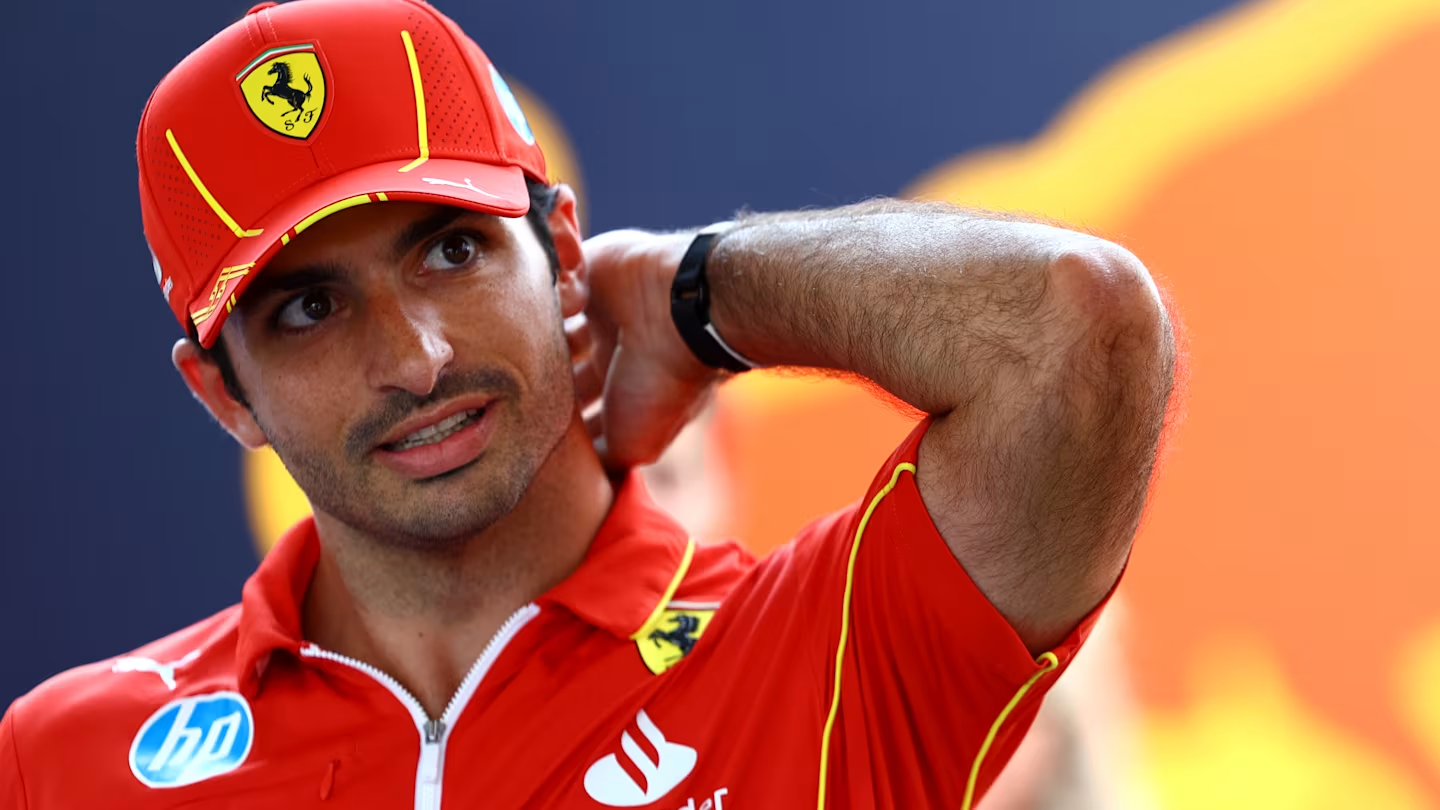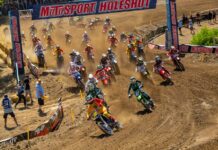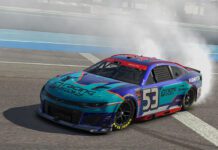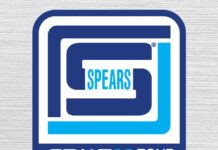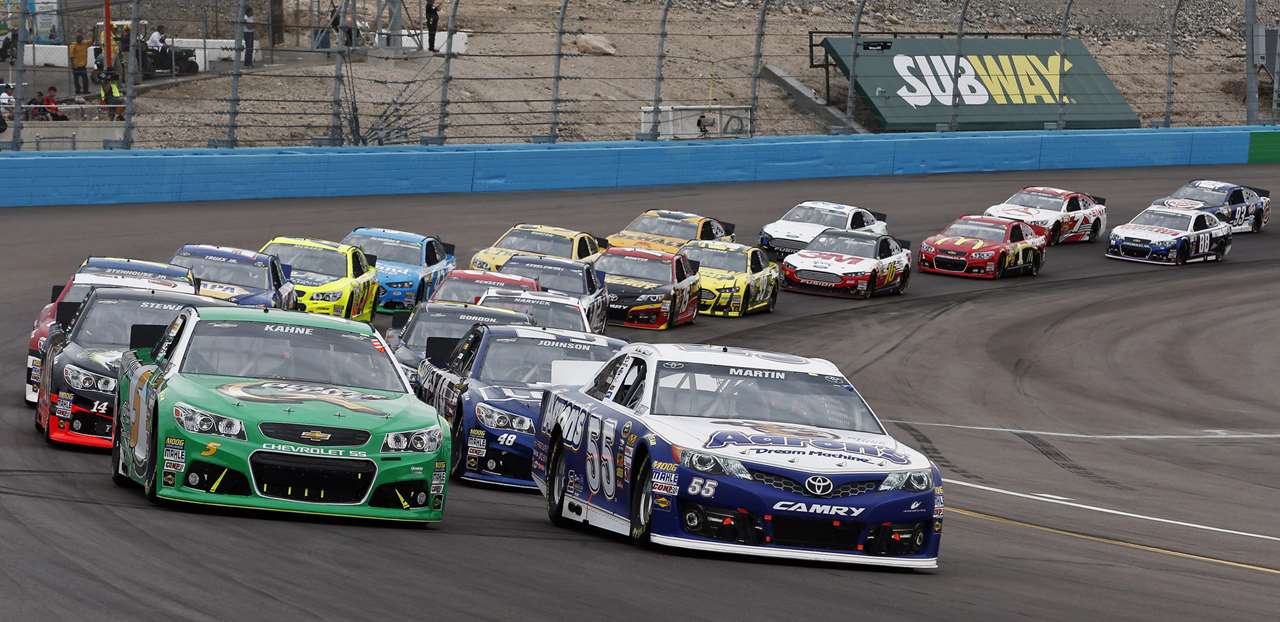NASCAR announced that beginning in 2014, the sanctioning body will mandate pre-season neurocognitive baseline testing as part of its comprehensive concussion prevention and management program for all of its national series drivers.
At the start of this season, NASCAR recommended that drivers who did not already have a baseline test secure one, while also indicating that a pre-season baseline mandate could become effective as soon as next year.
Baseline testing will be performed through the use of an ImPACT (Immediate Post-Concussion Assessment and Cognitive Testing) test, which is a widely used neurocognitive assessment tool. The result of neurocognitive testing is one factor out of many that doctors use to diagnose and treat concussions.
This particular test evaluates an athlete’s verbal and visual memory, processing speed and reaction time. By performing this test prior to the start of a season of competition, doctors are given a snapshot of an athlete’s brain function while in a healthy state. Doctors can then use that baseline to compare to post-concussion tests to assist them in both evaluating the effects of any injury and informing their decisions to return an athlete to competition.
“NASCAR made this decision because we think it is important to drivers’ health for doctors to have the best information and tools available in evaluating injuries,” said Steve O’Donnell, NASCAR vice president of racing operations. “Before announcing this rule, we provided drivers concussion and baseline testing education and created opportunities for them to ask any questions they may have to a top neurosurgeon that specializes in traumatic brain injuries. Also, remember that ImPACT tests are not new to our sport and have been used for treatment through the years.”
Since NASCAR’s recommendation prior to the start of this season, drivers were invited to two concussion education sessions featuring Dr. Vinay Deshmukh, M.D. of Carolina Neurosurgery & Spine Associates, a member of NASCAR’s Medical Advisory Group of Consulting Physicians. At those sessions, drivers were presented with an overview of what concussions are, their causes, treatment and the role that baseline tests play in the comprehensive evaluation of concussions.
“We are extremely confident that our concussion protocol is among the best in sports,” O’Donnell said. “We regularly review all of our practices involving safety and health to see if there is anything that we can do better, or should do differently moving forward. Implementing baseline testing is a primary example of our philosophy to protect our competitors the best that we can.”




